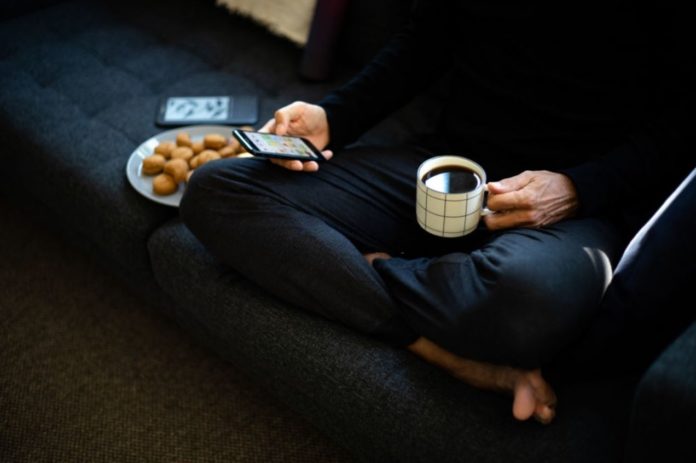After a bad night, caffeine is usually the salvation. We entrust ourselves to it so that we can end the day with the assurance that we will not fall asleep. However, consuming it to avoid falling asleep only helps to complete simple tasks. The most complex ones you will continue to do wrong.
This is what a study by researchers at the University of Michigan Sleep and Learning Laboratory reveals. Led by psychology professor Kimberly Fenn, the team evaluated caffeine’s effectiveness in counteracting the negative effects on the cognitive process of not having slept.
- Scientists in Fear of This New Predator From Red Sea Eating Native Species in Mediterranean
- Does This Mean We Stopped Being Animal and Started Being Human Due to ‘Copy Paste’ Errors?
- The One Lifestyle Choice That Could Reduce Your Heart Disease Risk By More Than 22%
- Aging: This Is What Happens Inside Your Body Right After Exercise
- Immune-Boosting Drink that Mimics Fasting to Reduce Fat – Scientists ‘Were Surprised’ By New Findings
They asked 275 people to complete a simple task in which they had to pay attention and a more challenging “placekeeping” task which they had to complete in a specific order without repeating or skipping.
We found that sleep deprivation impaired performance on both types of tasks and that having caffeine helped people successfully achieve the easier task. However, it had little effect on performance on the placekeeping task for most participants.
reveals Fenn.
So caffeine can improve the ability to stay awake and to complete depending on what tasks, but it will not prevent “procedural errors that can cause things like medical mistakes and car accidents,” adds the psychologist.
Also, the constant lack of sleep alters the mood and damages the immune system, remember.
Caffeine reduces drowsiness, but “it absolutely does not replace a full night of sleep.” And she cautions against those who believe that by drinking caffeine they can perform complex tasks.
Your “performance on higher-level tasks will likely still be impaired. This is one of the reasons why sleep deprivation can be so dangerous,” Fenn explains.
The psychologist mentions “surgeons, pilots and police officers” who, if they do not get enough sleep, will not be able to compensate for their poor performance during complex tasks.
In this sense, the findings of her team “underscore the importance of prioritizing sleep,” she insists.
- Scientists in Fear of This New Predator From Red Sea Eating Native Species in Mediterranean
- Does This Mean We Stopped Being Animal and Started Being Human Due to ‘Copy Paste’ Errors?
- The One Lifestyle Choice That Could Reduce Your Heart Disease Risk By More Than 22%
- Aging: This Is What Happens Inside Your Body Right After Exercise
- Immune-Boosting Drink that Mimics Fasting to Reduce Fat – Scientists ‘Were Surprised’ By New Findings
Image Credit: Getty
